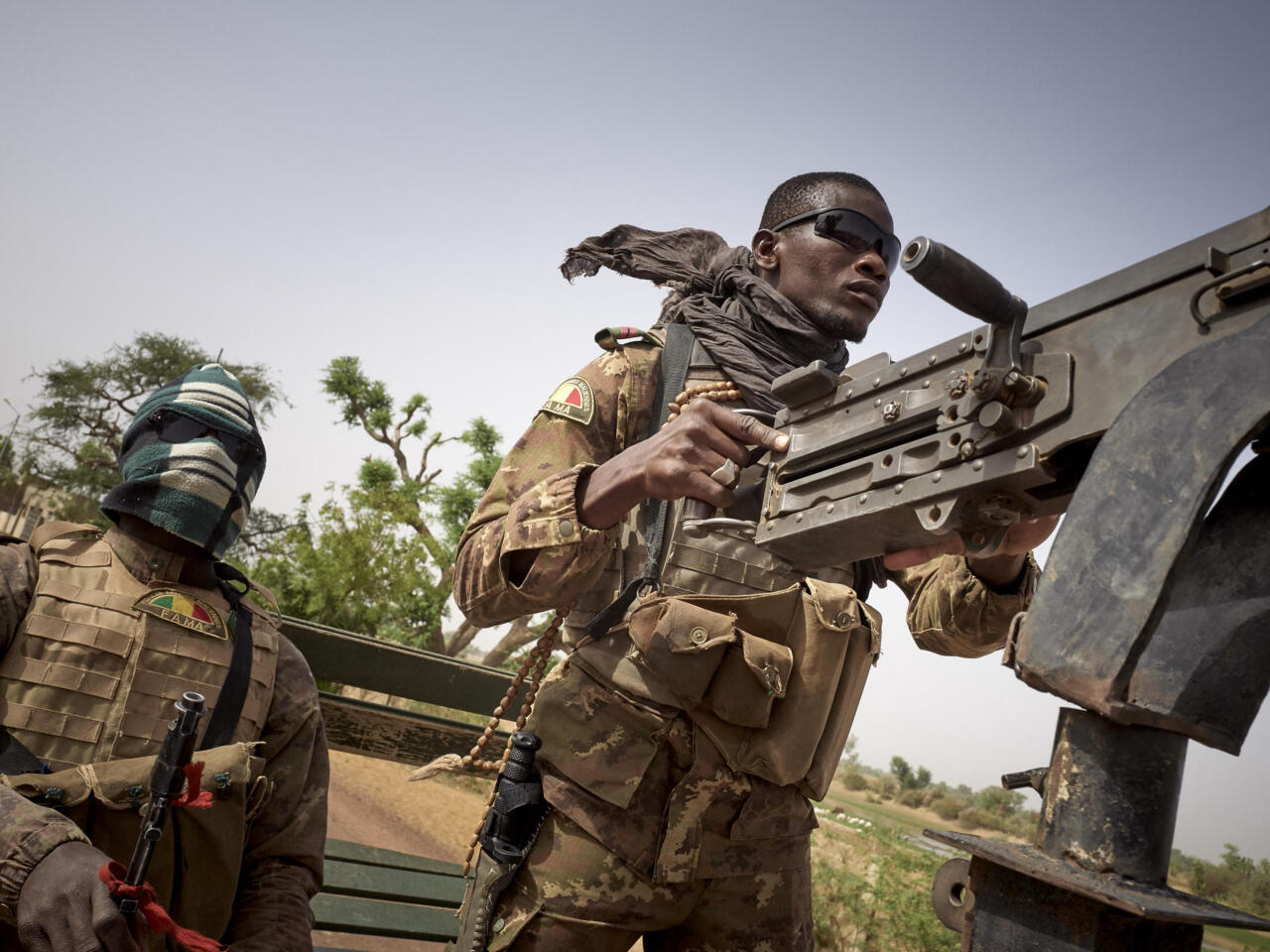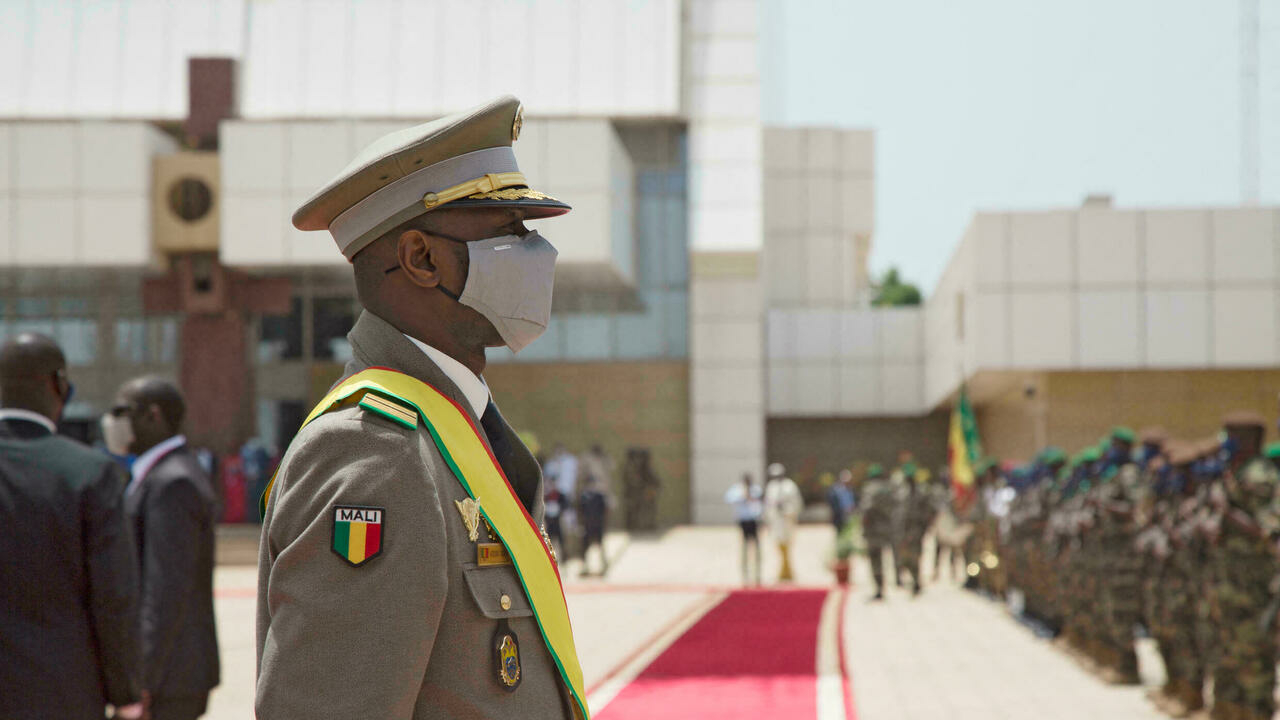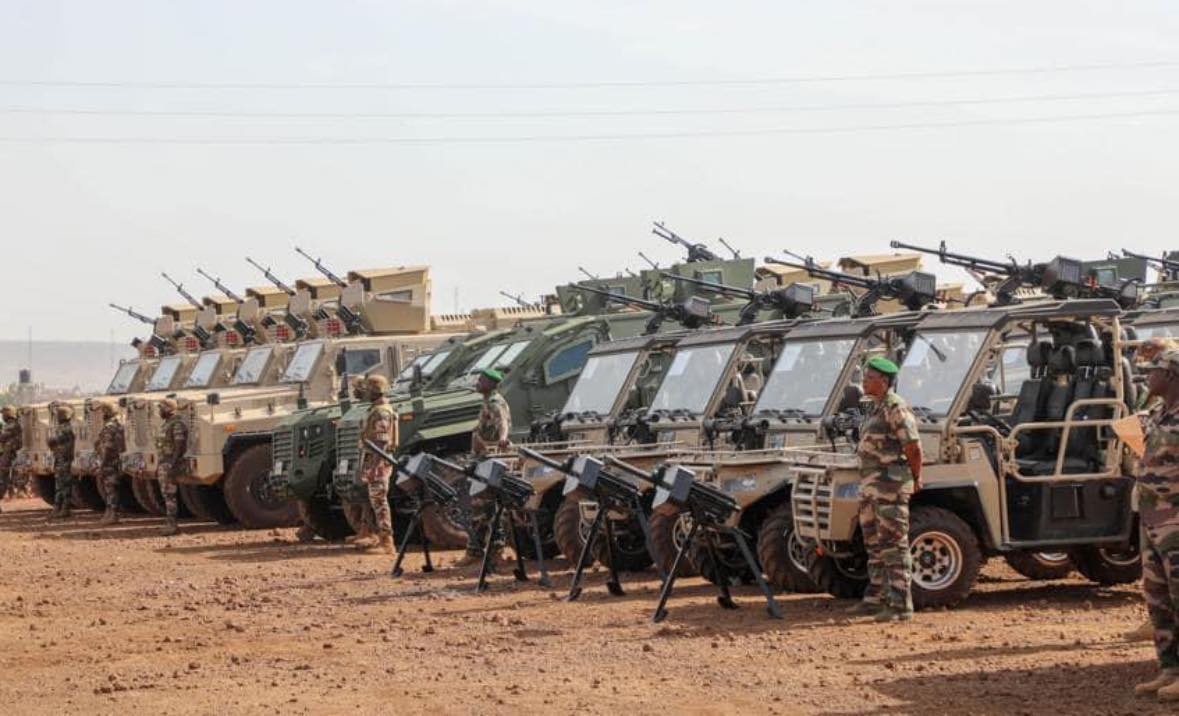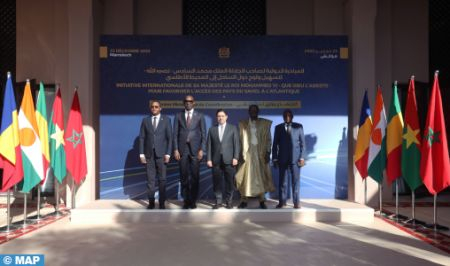Recent clashes in northern Mali have thrust the country’s complex political landscape into the spotlight. The Tuareg rebel alliance claims to have inflicted significant losses on Mali’s army and Wagner mercenaries near the Algerian border, reportedly killing 84 Wagner personnel and 47 Malian soldiers. However, the rebel spokesperson firmly denies receiving any external assistance, including from Ukraine, despite speculation to the contrary.
The situation has sparked a diplomatic crisis, with Mali and Niger severing ties with Ukraine over perceived involvement. The rebels maintain they fought independently, while al-Qaeda affiliate JNIM separately claimed attacks in the same area. This multi-faceted conflict underscores the region’s intricate web of armed groups and interests.
The recent fighting highlights the fragile state of Mali’s 2015 peace agreement with Tuareg separatists, which some groups have now abandoned. It also draws attention to the growing Russian influence in the Sahel, as Mali, Niger, and Burkina Faso – all under military rule – strengthen ties with Moscow.
As the region grapples with ongoing insurgencies and shifting alliances, the recent clashes serve as a stark reminder of the challenges facing stability and peace in the Sahel. The complex interplay of local grievances, regional dynamics, and international interests continues to shape the security landscape, leaving the path to lasting peace uncertain.



